Advertisement
Commentary
Lots of older Americans are reinventing their lives. Here’s why it matters to all of us
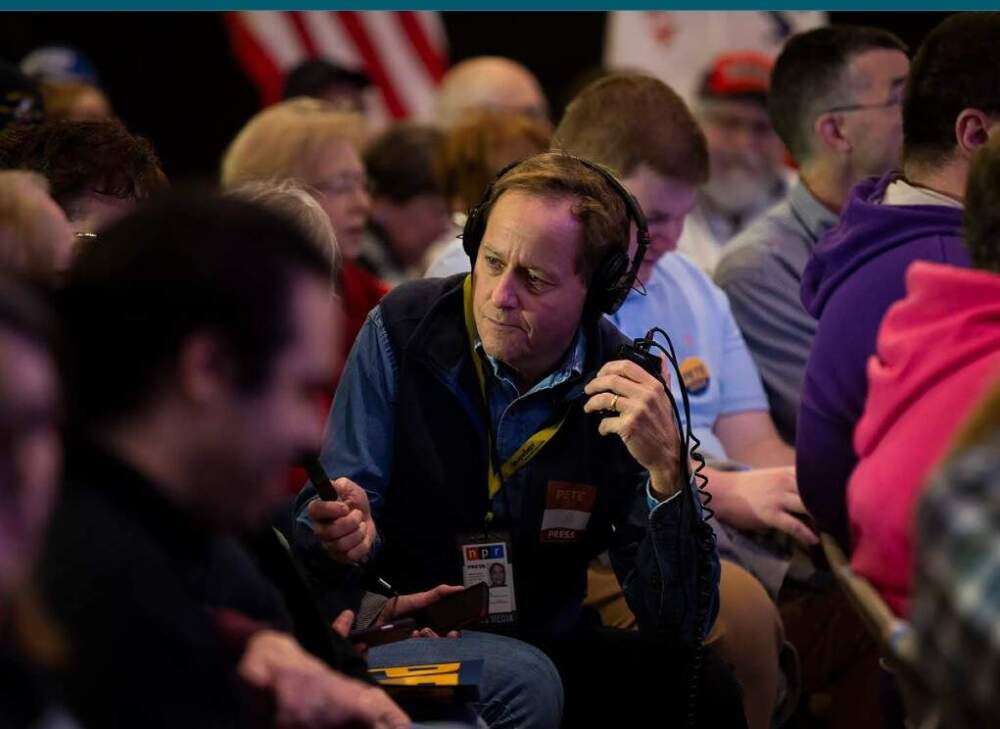
About 15 years ago, I started paying attention to stories about people who managed to reinvent themselves in interesting — even inspirational — ways later in life. I had gone through a health scare and the death of my father, which felt like the flashing yellow light of middle age — reminders that there was more life behind me than ahead. I started thinking about the best way to live out what was left.
This curiosity drew me to people like Tom Andrew, who’d had a full career as a doctor, including 20 years as New Hampshire’s chief medical examiner, before he enrolled in seminary school to become a Methodist deacon and youth pastor. Andrew said he’d come to the end of the line in the medical profession, but still had “plenty of energy and passion left.” Now 67, he ministers to his local Boy Scouts troop in New Hampshire and has found new purpose in his life.
I interviewed Andrew for WBUR’s Third Act series, which profiled older people from different backgrounds who’ve re-designed their lives. I think what drew me to their stories was my own restless soul, and the belief that I, too, have another chapter to live. Don’t get me wrong: 40 years of public radio journalism has been a great gift that keeps on giving. I first tuned into NPR when I was finishing college in Oregon, and have never stopped appreciating the way a good radio story can transport a listener into another world — and another perspective.
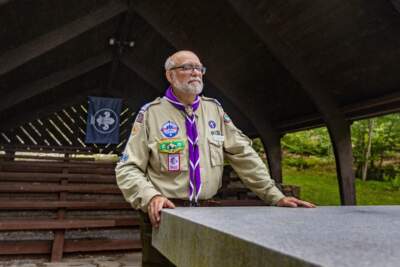
Over the decades, my microphone has given me license to approach just about anyone — from vice presidents and senators to artists and athletes, to my neighbor down the street — to ask them about their lives, their fears and their dreams. That they trust me with their stories fills me with gratitude and appreciation. But along the way — and here’s where my restless soul starts to stir — I’ve often wondered: What do I want to be when I grow up? Alpine ski guide? Chef? Jazz pianist? Then the next interesting story comes along, and I pick up my microphone and defer the dream for another day.
But it turns out it doesn’t have to be just a dream, and for millions of Americans it’s not.
"If you look at someone aged 65 or older now, that person is 75% more likely to be working than someone who was in the same age group a generation ago," says Richard Johnson, senior fellow and director of the program on retirement policy at the Urban Institute.
Johnson, who says he began studying the economics of aging long before his hair turned gray, observes that “the aging of America — and indeed the world — is not the crisis often portrayed in the media and even some scholarly papers.” Instead, he says it represents an enormous opportunity because “seniors are healthier, better educated and more productive than ever.”
Among the driving factors is that we are living longer: since 1900, average life expectancy in the United States has increased from 47 years to nearly 80 so you have lots of older Americans working longer, either by choice or out of necessity. (Over the last few years, life spans in America have ticked down due to a number of factors, including the COVID-19 pandemic, drug overdoses and suicides. Even so, we're living about three decades longer than we did a century ago.)
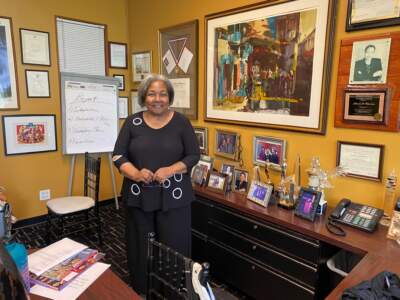
Meanwhile, according to the U.S. Census Bureau, the number of Americans living into their nineties in 2050 is expected to be four times higher than what it was in 1980. “So, if you’re 45, you may have half your life ahead of you,” says Barbara Waxman, a gerontologist and life coach, who writes about this phase of life. “Why on earth would you stop creating and discovering when you’re just getting started?” she asks.
Waxman says living longer doesn’t mean an extended old age; instead, it means that we’ve lengthened the middle of life by decades. “We’ve added more years of living, not dying,” she explains.
Waxman calls this extended midsection of life “middlescence.” Like adolescence, middlescence is a time of change and tumult, but also opportunity and growth — if people can give up what she calls the “sticky commitment to conformity.”
Lots of people are doing just that, and I spoke to a few of them for the Third Act series, including Julieanna Richardson, a graduate of Harvard Law School, who left her career in corporate law in her late forties and then struggled through a classic midlife crisis, before redirecting her creative passion. Richardson founded HistoryMakers, which has recorded and assembled thousands of video histories of Black Americans and is now accessible through the Library of Congress.
Advertisement
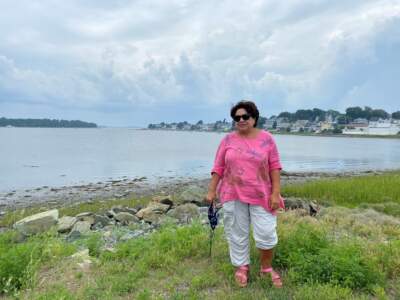
Natalie Jones, 76, grew up working class with the belief that she “wasn’t smart enough to go to college.” But then at 59, she earned a master’s degree in social work, began a new career and plans to keep working well into her 80s. The band Ace of Cups, one of the first all-female rock bands, was born in San Francisco in the 1960s before disbanding without ever recording a record. Fifty years later, the band members — now all in their 70s — reunited and finally released their debut album.
As different as these four stories are, they share a common theme: This later stage of life can be the start of something new, rather than the beginning of a sad, downward slope to the end.
One of my younger colleagues asked me why Gen Z should care about these stories, and I have a few answers to that question. First, if we’re lucky, we will all one day become an older person, so here’s a chance to learn something about the road ahead from wise people who have already traveled it. To put it another way: Wisdom matters.
Another reason to care about these stories is that they demonstrate human resilience and the ability to realize dreams, which can benefit people of any age. I admit that I have sometimes lacked the courage to pursue certain dreams. If I had heard these stories when I was younger, they might have inspired me to find that courage, but I’m happy that they inspire me now.
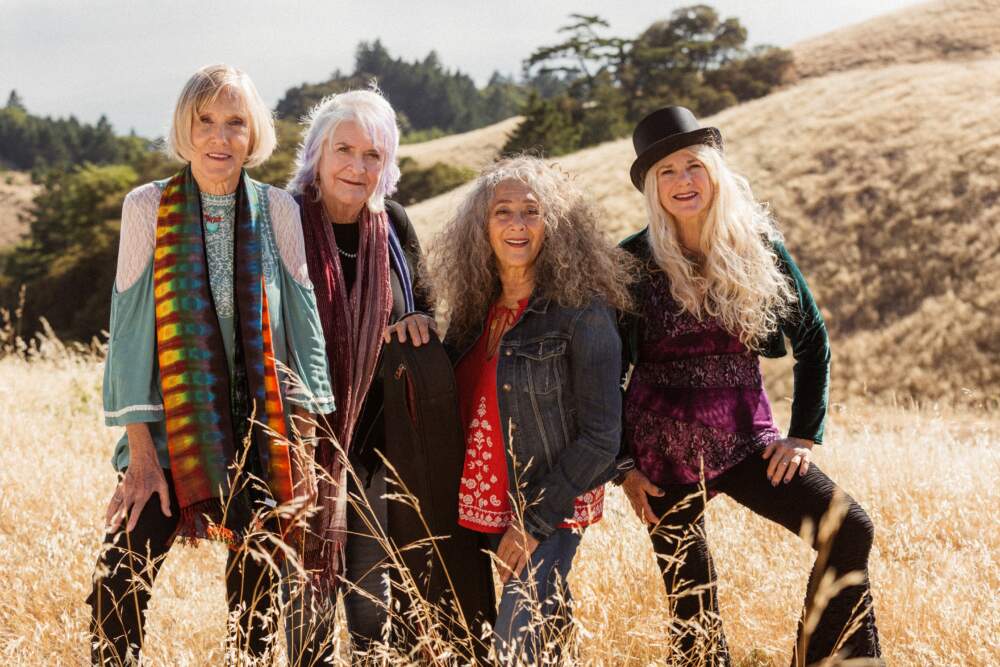
Perhaps most importantly, these stories are about the transformative power of human passion and the search for lifelong avocation, which is literally a matter of life and death — for all of us. To put it simply: people who feel they have a purpose in life live longer, according to a growing body of research. One recent study out of Canada found that people with a sense of purpose had a 15 percent lower risk of death, compared with those who said they were aimless.
This hits close to home for me. Not long ago, I watched someone I was very close with disconnect from the world in his later years. He drifted away toward an untimely death. But in these Third Act stories, we meet people who chose a different path, who found ways to connect with something vital late in life, reminding all of us that it’s never too late — or too soon — to do that.
So, now I’m thinking hard about my own third act. In fact, I’m looking forward to it, wherever it takes me. But for now, I’ve got another story to pursue.
